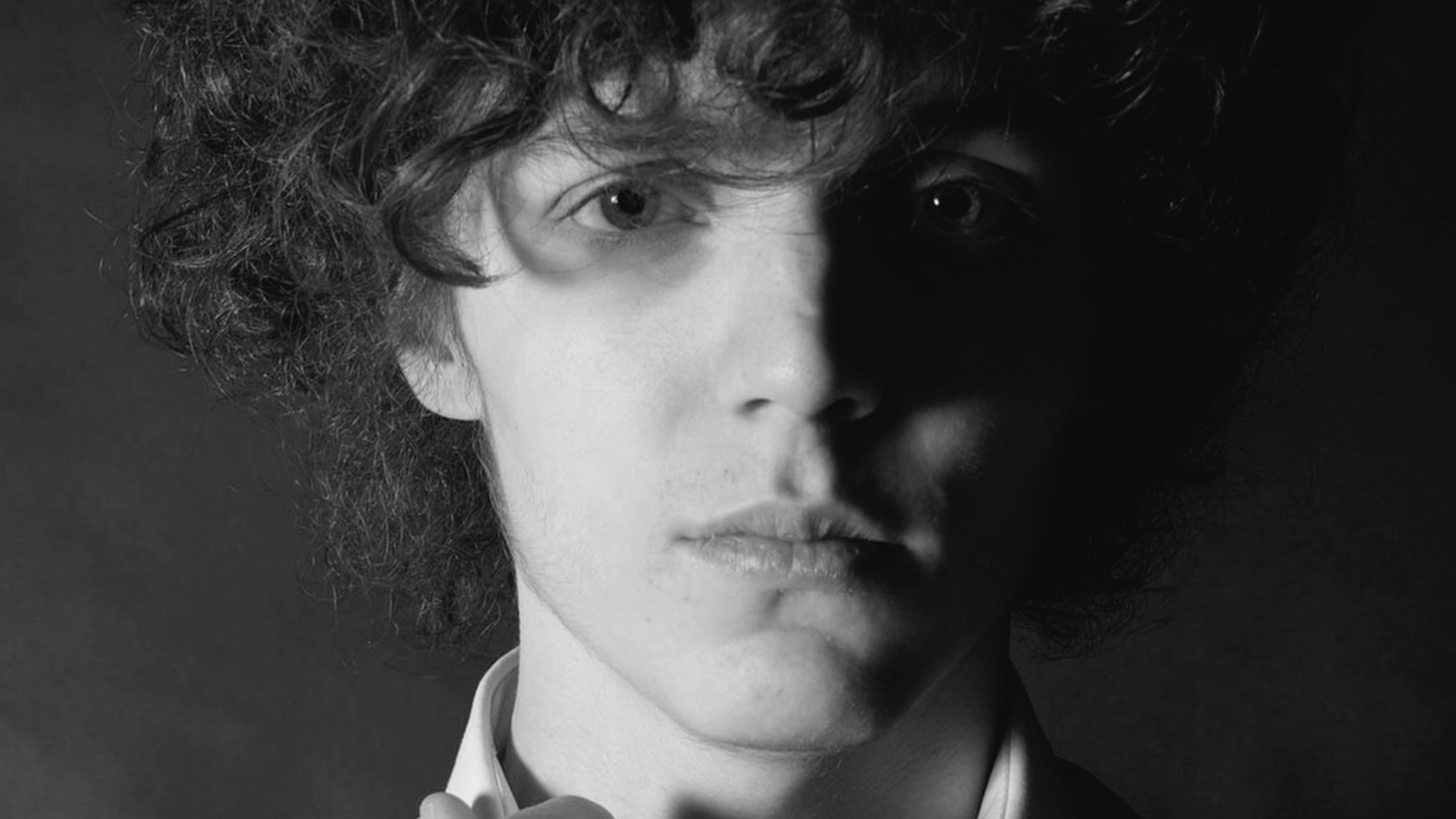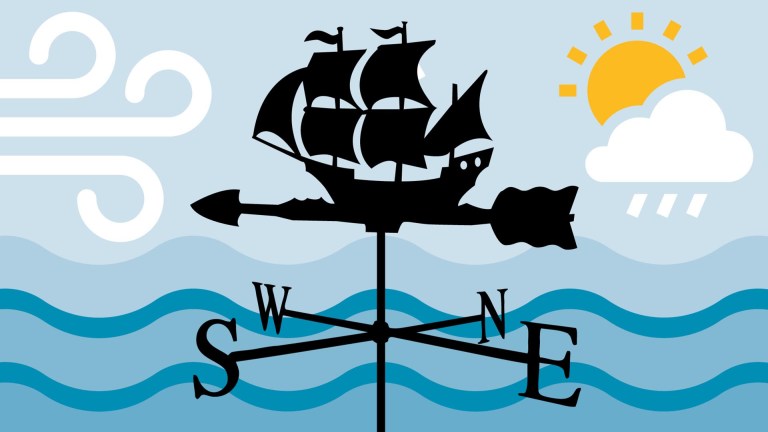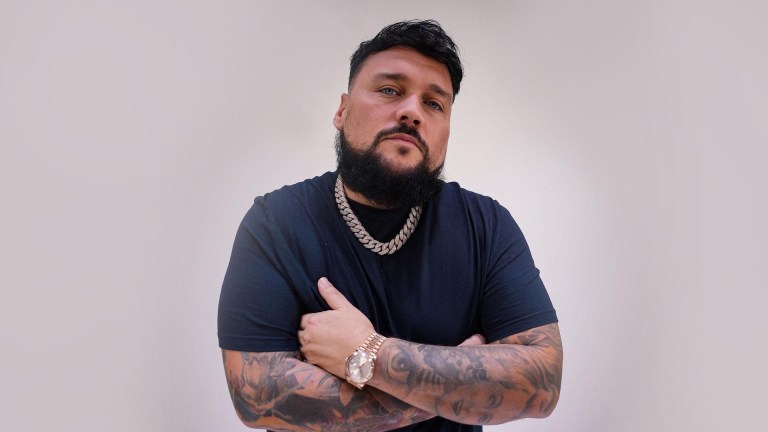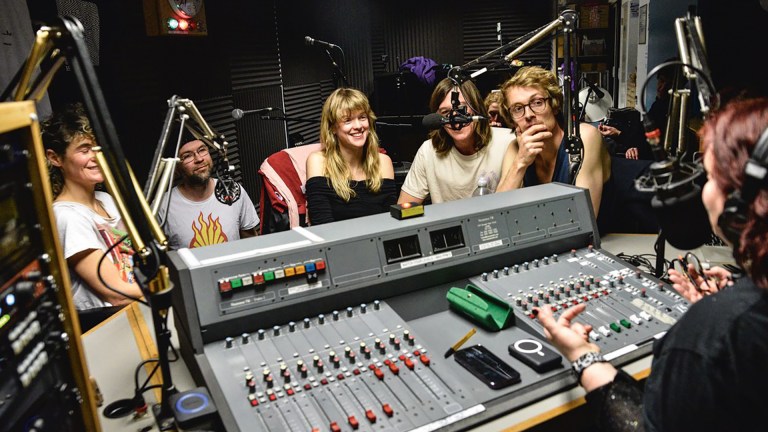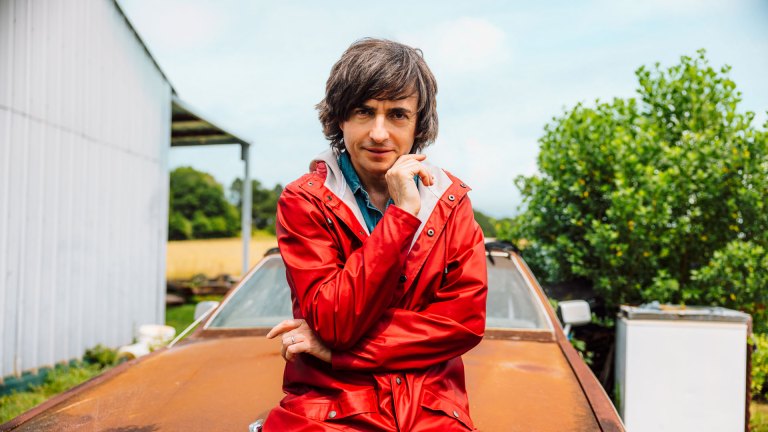Scepticism is often confused for cynicism, a lip-curl sneer rather than a furrowed brow of investigation. Sometimes, sceptics groups can be guilty of an air of superiority, a dismissive elevation above the herd who are consuming magic water or who sit unsteadily on a flat Earth.
The best scepticism comes from curiosity and human concern, a desire to alert people that they may well be being misled, often for financial gain. The frequently furious author Harlan Ellison said: “You are not entitled to your opinion. You are entitled to your informed opinion. No one is entitled to be ignorant.”
An opinion is not worth much if little effort has gone in to arriving at it. An opinion becomes dangerous if you decide to use it to persuade other people to take decisions on their own wellbeing based on it.
It can be very easy to feel like a killjoy when questioning alternative therapies
The most recent episode of the Merseyside Skeptics’ podcast Skeptics With a K took an informed look into the heartbreak and destruction which can occur when people are misled. Charitably, it could have been said to be a story of incompetence; to me it was a story of the brutality of charlatanism.
It can be very easy to feel like a killjoy when questioning alternative therapies. What’s the harm in the street-corner purveyors of dreamscape cures and tree-root memory potions? If it is to deal with minor aches or runny noses, probably not much. If it is alternative therapies to treat cancer, then the cost could be far greater.
Michael Marshall has been investigating cases of people who chose to reject traditional cancer treatments and be guided by alternative therapists.
